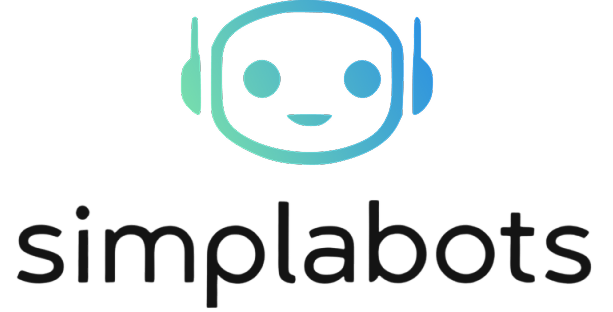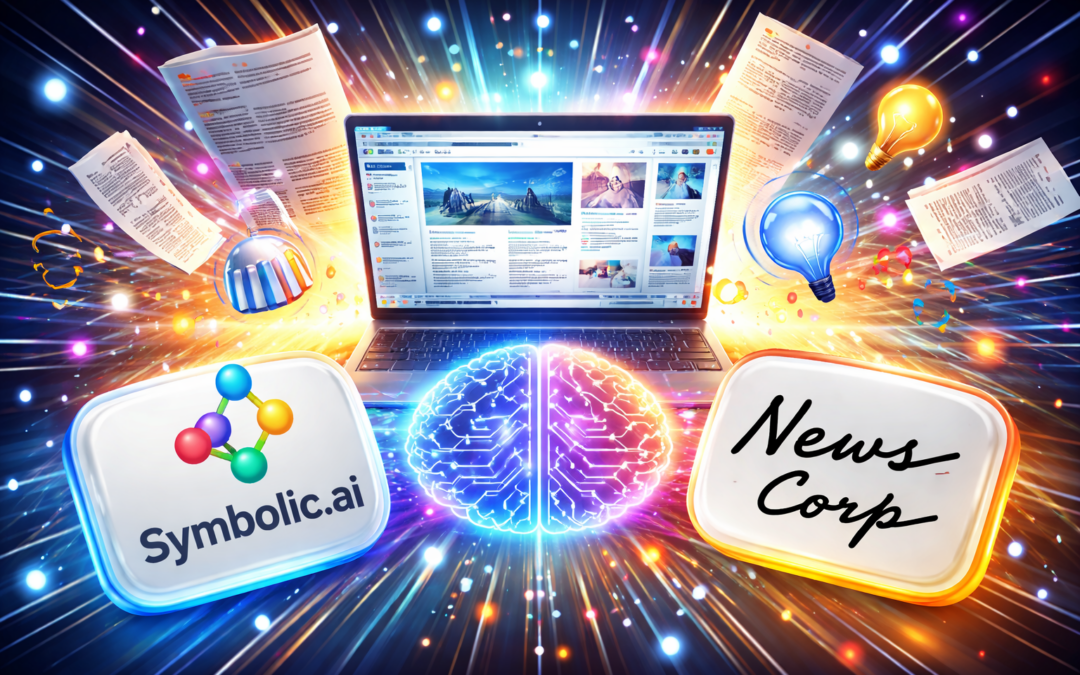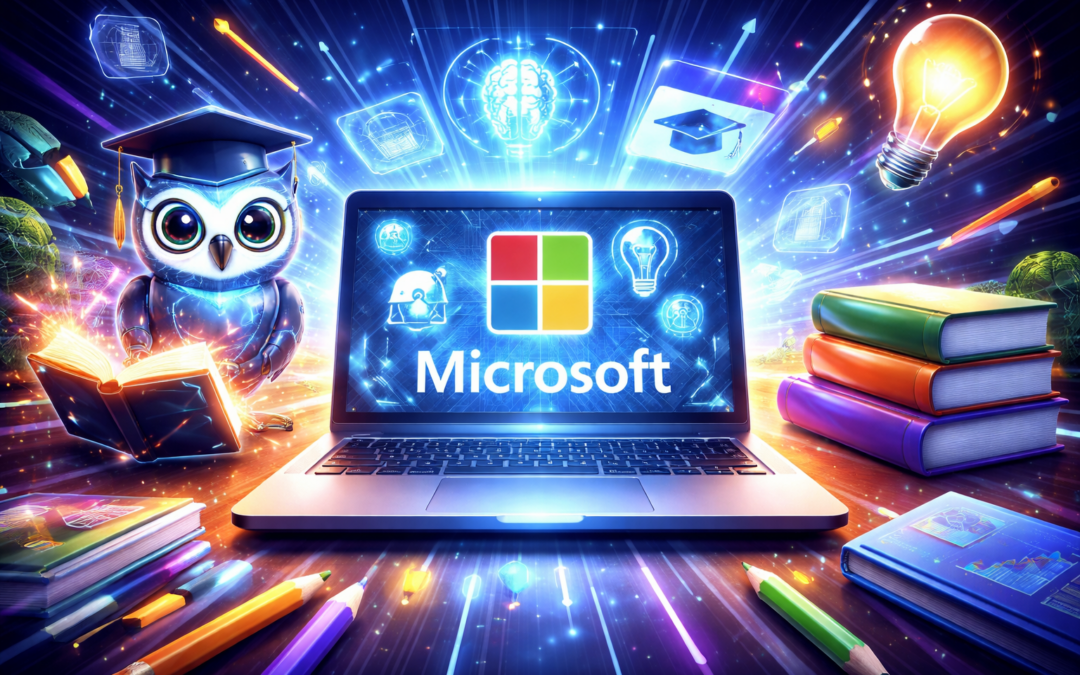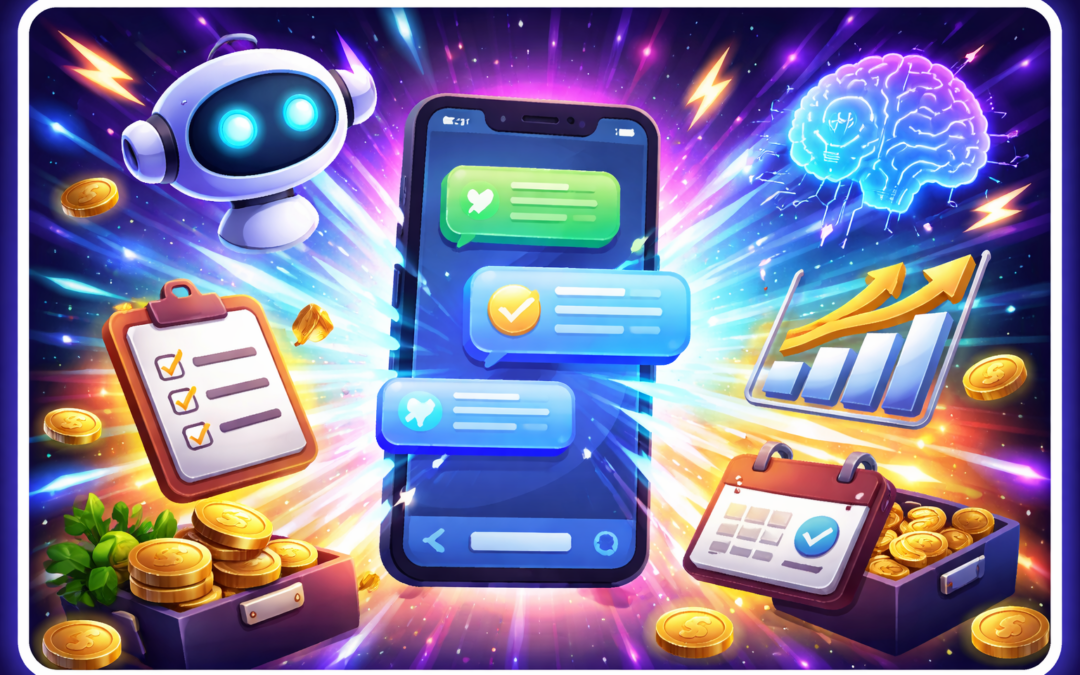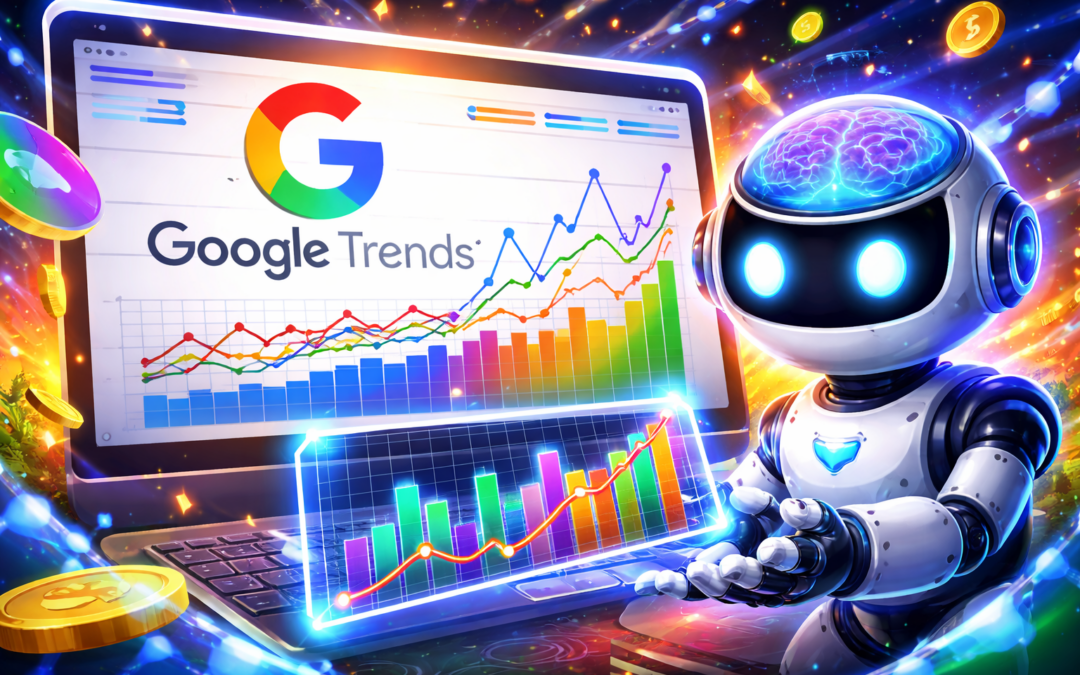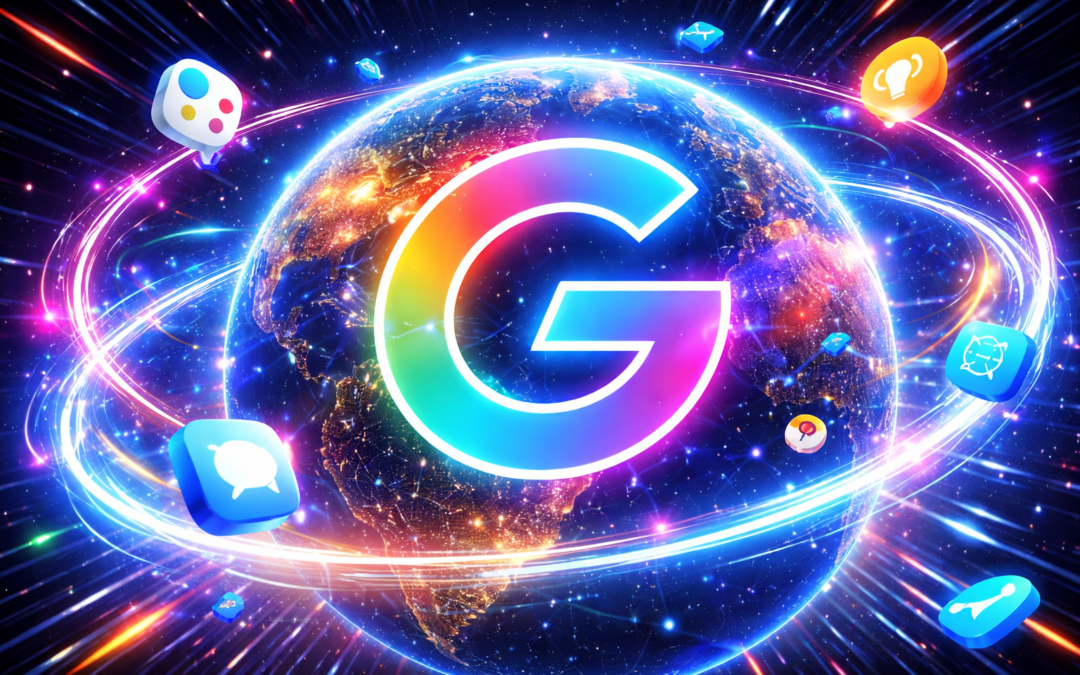The landscape of generative AI continues to evolve as Grammarly, a leader in AI-powered communications, rebrands itself as Superhuman and unveils a newly enhanced AI assistant.
This strategic pivot places the company in direct competition with the latest wave of AI productivity tools, signifying a shift well beyond grammar-checking towards full-stack AI-driven workflow automation.
Key Takeaways
- Grammarly rebrands as Superhuman and unveils a powerful new AI assistant aimed at productivity and knowledge work.
- This smart assistant exceeds basic grammar correction, offering contextual suggestions, email drafting, research, and task automation across platforms.
- Grammarly’s move signals intensifying competition among AI productivity startups, pushing incumbents like Notion AI, Microsoft Copilot, and Google Workspace to respond.
- Developers and startups gain access to new Superhuman APIs, opening opportunities for deep workflow integrations.
- The rebrand underscores rapid maturation of generative AI as it moves from isolated features to core business operations.
Evolving from Writing Aid to Comprehensive AI Productivity Suite
With this rebrand, Superhuman repositions itself beyond traditional grammar correction. The new AI assistant delivers smart suggestions, intelligent message drafting, and multi-app integration—entering territory staked out by tools like Notion AI and Google Gemini.
Superhuman also aims to solve organizational knowledge gaps, making it easier for users to pull information across emails, documents, and calendars without toggling between apps.
“Superhuman’s AI agent is built to automate the busywork that slows knowledge workers—think of it as an always-available co-pilot across your digital workspace.”
What Sets Superhuman Apart?
While OpenAI’s ChatGPT and Google’s AI tools focus on general reasoning and search, Superhuman targets context-sensitive productivity.
The agent can summarize or compose emails, extract actionable tasks from threads, surface company knowledge instantly, and seamlessly integrate into existing workflows.
As TechCrunch and VentureBeat report, the Superhuman AI supports popular platforms such as Gmail, Slack, Office 365, and Google Drive, aiming to become an indispensable layer in workflow management.
For Developers, Startups, and AI Professionals
- API & Integration: Superhuman will offer APIs so third parties can embed AI productivity directly into their apps, potentially accelerating innovation in business and collaboration tools.
- AI Orchestration: The assistant highlights a trend toward orchestration—using generative AI to actively manage tasks and information flows rather than just answer queries.
- Competitive Implications: This move raises the bar for both startups and established software vendors. Incumbents now face demands for more context-aware automation, while new entrants may find opportunities building on the Superhuman platform ecosystem.
Superhuman’s rebrand demonstrates just how rapidly generative AI is being embedded as a foundational layer in business software.
Strategic Implications: The Era of Full-Stack AI
The Superhuman shift isn’t just about a new interface—it’s a signal that AI assistants are evolving into proactive agents that bridge disparate information silos.
As AI tools mature, users expect a seamless experience where tasks, data, and communications flow freely. According to VentureBeat and The Verge, this move reflects the rapid mainstreaming of LLM-based automation, with adoption expanding from developers to everyday knowledge workers.
For developers and startups, this signals accelerating demand for open, interoperable AI agents and deeper workflow integrations. Enterprises must reassess their productivity stacks to remain competitive in an AI-augmented marketplace.
Sources
Source: TechCrunch
Additional coverage: VentureBeat, The Verge
